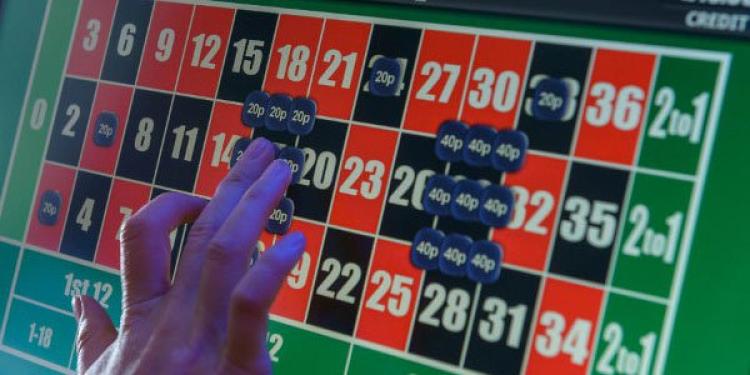FOBTs Tax Hike Can Lead to Problems Within the British Horseracing Industry
Posted: April 17, 2014
Updated: October 4, 2017

How an increase in FOBTs tax could have negative effects on the British horseracing industry.
The ongoing attacks on Fixed Odds Betting Terminals (FOBTs) spread across the United Kingdom’s betting shops can have a negative effect on another industry. Various British gambling laws amendment proposals, heavy campaigning and market researches have finally resulted in an increase of the tax on FOBTs. But has any good been achieved?
Well, FOBTs opponents are celebrating, no doubt. But there’s a growing concern among horseracing industry, that the relationship between them and the betting industry could be tarnished. The bookies running both land-based and online sportsbooks in the United Kingdom will have to make up for lost money and decreasing their support of the horseracing industry could be one of the possible scenarios.
Tax regime change
The new Budget will see the gaming machine tax on FOBTs located in betting shops increased by 5 percent. This will happen only 1 year after setting the tax at 20 percent, which was already considered to be high.
Increased FOBTs tax can have negative effects on horseracing
• The change in British gambling laws increasing FOBTs tax can have negative effects
• Land-based betting shops and jobs are at risk
• Horseracing industry is also fearing it could be receiving less funding
The Association of British Bookmakers has already warned the lawmakers and the industry players, that the tax increase puts 15,000 jobs and 3,000 betting shops at risk.
People generally dislike the bookies. Even punters who bet on a regular basis consider them a regrettable necessity, like a visit to the dentist.
The government has been under growing pressure to address problem gambling, and the recent measures will most probably have some effect in that direction.
But no one is certain the 5 percent tax hike will actually decrease the problem gamblers’ number. The move is regarded as more of a publicity stunt for the government. The Chancellor has been quoted by British gambling news saying: “These machines are highly lucrative and therefore it is right we now raise the duty on them to 25 per cent.”
Horseracing concerns
The British Horseracing Authority chief, Paul Bittar, and other prominent industry figures have already warned that the government’s offence on the bookies can have negative effects on their industry as well. Should a considerable number of land-based betting shops close down as a result of the new tax, racing will face a decrease in income from media rights sales, less prize money and fixture lists.
This will ultimately result in more racecourse closures, moreover, some fear the collapse of the Levy, the system where racing is financed based on sportsbooks’ profits.
Paul Bittar holding the industry together
British horseracing industry has always been a very difficult business to manage. Many were surprised with the appointment of Paul Bittar to head the British Horseracing Authority in 2011. The man has acquired most of his experience in New Zealand and the state of Victoria in Australia.
However, Bittar was able to adjust the industry to reality, and worked hard to ensure a much better relationship between the horseracing world and the betting companies, who are heavily sponsoring the industry.
Paul Bittar came to the British Horseracing Authority right after the body managed to transform the new whip rules for jockeys into a heavily criticized PR fiasco. Racing was mostly about complaints on low-grade fixtures and small prize money.
Bittar managed to minimize the whip rules controversy via bringing back discretion for racecourse stewards. He then went on to soften the relationship with the sports betting industry, and cooled down conflicts within the industry, at the same time raising the BHA’s authority to another level.
He said in one of his interviews: “I knew there were quite a lot of good haters in the sport. I thought that I could bring a more commercial approach. I also felt that the BHA had lost its way a bit and there was a good opportunity for the governing body to reconnect with the sport.”
We sincerely hope that the government’s measures aimed at problem gambling will not have the feared effect on horseracing industry. But even if they do, let’s wish that some other ways of supporting the British horseracing can be found. One of those is already in the works: off-shore bookies will have to chip in to the Levy regardless of their location. Something, which the industry and the mainland-based betting companies have been asking for a very long time.











